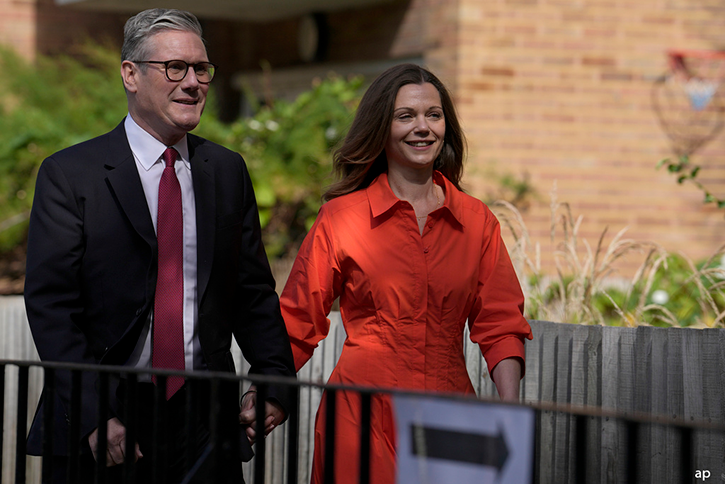This is part of Morningstar's 'Perspectives' series, which features contributions from third parties such as asset managers, academics and investment professionals.
You can almost set your watch by the appearance of the first story of the year warning that the Chancellor is about to raid middle class pension pots. They have appeared ahead of each budget and autumn statement for years now.
Most years nothing happens except a modest uptick in the amount of money put into retirement savings by people worried that this fantastic incentive is about to get a bit less fantastic.
The cynical view of this is that the pension providers are just trying it on. But given that the price paid by consumers for this bit of marketing cheek is a slightly bigger pension pot, no-one’s going to complain much about this. I’ve never heard anyone wishing they had a bit less in their pension.
This year’s crop of stories has duly arrived. The thrust of the latest articles is that Chancellor George Osborne is planning to reduce the annual cap on tax-free pension contributions from the current £50,000 to £40,000 or maybe £30,000.
Now, on the face of it this is not really an issue because the numbers of people involved are relatively small. Not many people can afford to put even the lowest of these numbers into a pension each year so on the basis that “we’re all in this together” it doesn’t seem unreasonable to limit this tax perk for the few who are lucky enough to be able to put this much aside each year.
As with most things pensions related, however, the reality is a bit more complicated than this.
The first point to make is that for people catching up later in life after many years of expensive child-rearing, these figures are not too far-fetched. And if people want to do the right thing by ensuring that they have enough in their pension pots to avoid relying on the government in their retirement then they should not be discouraged from doing so.
The second point is that a surprising number of us might find ourselves in the situation – through redundancy or inheritance, for example – where we do have a lump sum that we might choose to put into our pension. Again, it is surely wrong that the government should discriminate against people who wish to do the right thing in this way.
A third point is that the effect of endless tinkering by the government is to reduce our trust that the goal-posts will not simply be moved again further down the track. Against this backdrop why would we not prefer to save in an ISA or, worse, not save at all?
Fourth – and this isn’t said very often because people are nervous of appearing to defend fat cats - messing around with the pensions of higher earners is dangerous because these are very often the people making decisions about the pensions of less highly-paid workers. The risk is that pension decision makers will simply decide to do the minimum mandated by pension reform and leave their workers to get on with their own pension provision (which of course in many cases they won’t).
The final risk with limiting the pension cap is that, due to the complex way in which the notional value of a final salary pension plan is calculated by the tax man, the proposed measures threaten to hit some public sector workers on relatively modest salaries too.
Basically the tax man measures the accrued value of a pension pot by multiplying the accrued annual benefit of that pension by 16. So, for example, someone with a £25,000 a year accrued pension is deemed to have a pension pot worth £400,000.
That’s fine until someone gets a pay rise. When that happens, especially if they have already been working for quite a few years, the jump in the notional value of the pension can be quite large and certainly well in excess of £30,000. And that rise in value is treated for income tax as if it were a lump sum payment to the scheme member in that tax year.
It surely can’t be the Chancellor’s intention that relatively modestly-paid people should be hit with a tax bill for any excess over the new limit. But that is likely to be the reality.
Pensions tend to make most people’s eyes glaze over but a hefty tax demand is likely to wake them up.
Tom Stevenson is investment director at Fidelity Worldwide Investment.
Morningstar Disclaimer
The views contained herein are those of the author(s) and not necessarily those of Morningstar. If you are interested in Morningstar featuring your content on our website, please email submissions to UKEditorial@morningstar.com.
Fidelity Disclaimer
Note the value of an investment and the income from it can go down as well as up, so you may get less than you invested and tax rules and allowances can change. The ideas and conclusions in this column are the author's own and do not necessarily reflect the views of Fidelity’s portfolio managers. They are for general interest only and should not be taken as investment advice or as an invitation to purchase or sell any specific security. Past performance is not a guide to what may happen in the future and the figures and returns in this article are purely to illustrate the author's points.





























